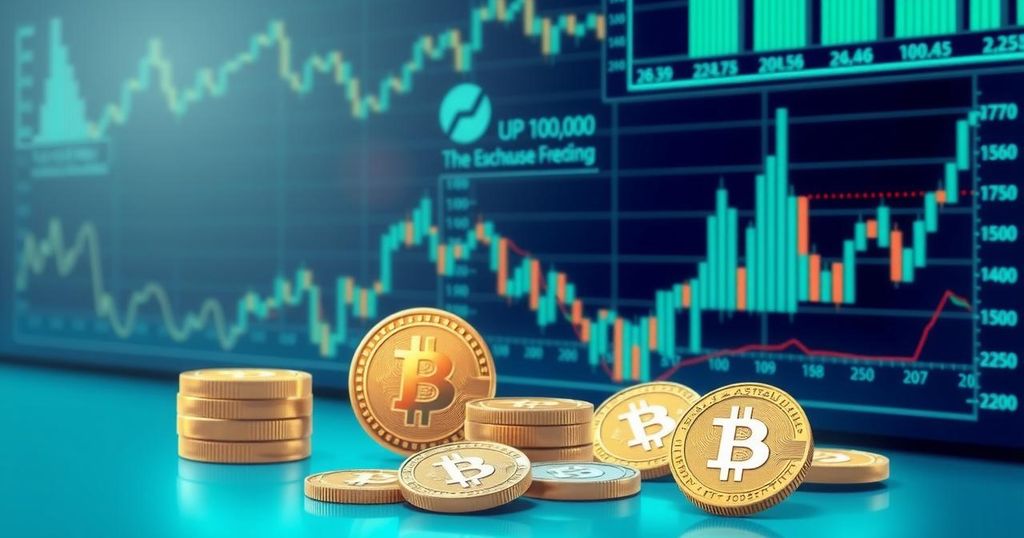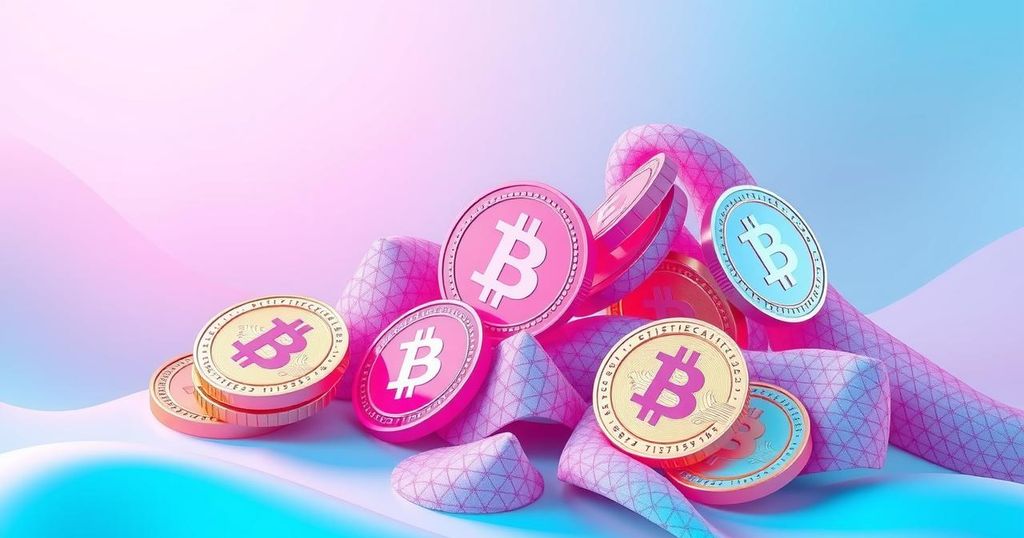Trump’s Cryptosphere: $2 Billion Emirati Deal Sparks Ethical Concerns
At a conference in Dubai, a founder of Trump’s cryptocurrency company announced a $2 billion deal involving a state-backed Emirati firm and the company’s digital coin. This venture raises significant ethical concerns regarding conflicts of interest, as it ties the Trump family business to foreign government investment and the crypto market’s largest exchange, Binance, under regulatory scrutiny.
In a recent Dubai conference, a notable announcement came from a founder of the Trump family’s cryptocurrency venture, World Liberty Financial. Zach Witkoff disclosed plans for a staggering $2 billion deal with a state-backed Emirati firm using a digital coin associated with the Trump organisation. This marks a significant foreign investment that raises eyebrows regarding ethical conflicts tied to President Trump’s business interests.
The deal, it appears, involves a stablecoin issued by the Trump-affiliated company, which will facilitate the transaction between the Emirati investment firm MGX and Binance, the world’s largest cryptocurrency exchange. This revelation is loaded with implications, particularly as it draws the Trump family’s business operations closer to government-backed entities.
Mr. Witkoff, during the panel which included Mr. Trump’s son, highlighted that this partnership is just the “beginning.” However, concern arises from the intertwining of Trump’s personal ventures and foreign business. The announcement is not just a financial deal; it paints a vivid picture of the blurred lines between business and governance in the Trump era.
The implications of this deal are substantial. MGX’s decision to utilise the World Liberty stablecoin, dubbed USD1, ties the Trump family directly to foreign investment, and raises questions about potential conflicts of interest. Furthermore, the association with Binance is particularly noteworthy, as the exchange has been scrutinised by U.S. regulators following past violations of money-laundering laws.
As cryptocurrency investors look on, this announcement serves as a bold invitation to potential partnerships with a company that has direct ties to a former president. The move indicates a growing trend within the crypto sphere that marries high-profile political connections with business operations, thus creating a complicated ethical landscape.
This situation underscores the ongoing debates about the intersection of private business interests and public office, particularly in light of Mr. Trump’s prominent role as World Liberty’s chief crypto advocate. In brief, one cannot help but wonder how this will be received not only in business circles but also in political spheres as the implications continue to unfold.
With various layers to this development, the inquiry into how such partnerships may influence regulations and investor confidence is imminent. The conference was well attended and while marketing this venture, the way it intertwines with Trump’s controversial legacy will undoubtedly spark further discussions on ethics in both business and governance moving forward.




Post Comment